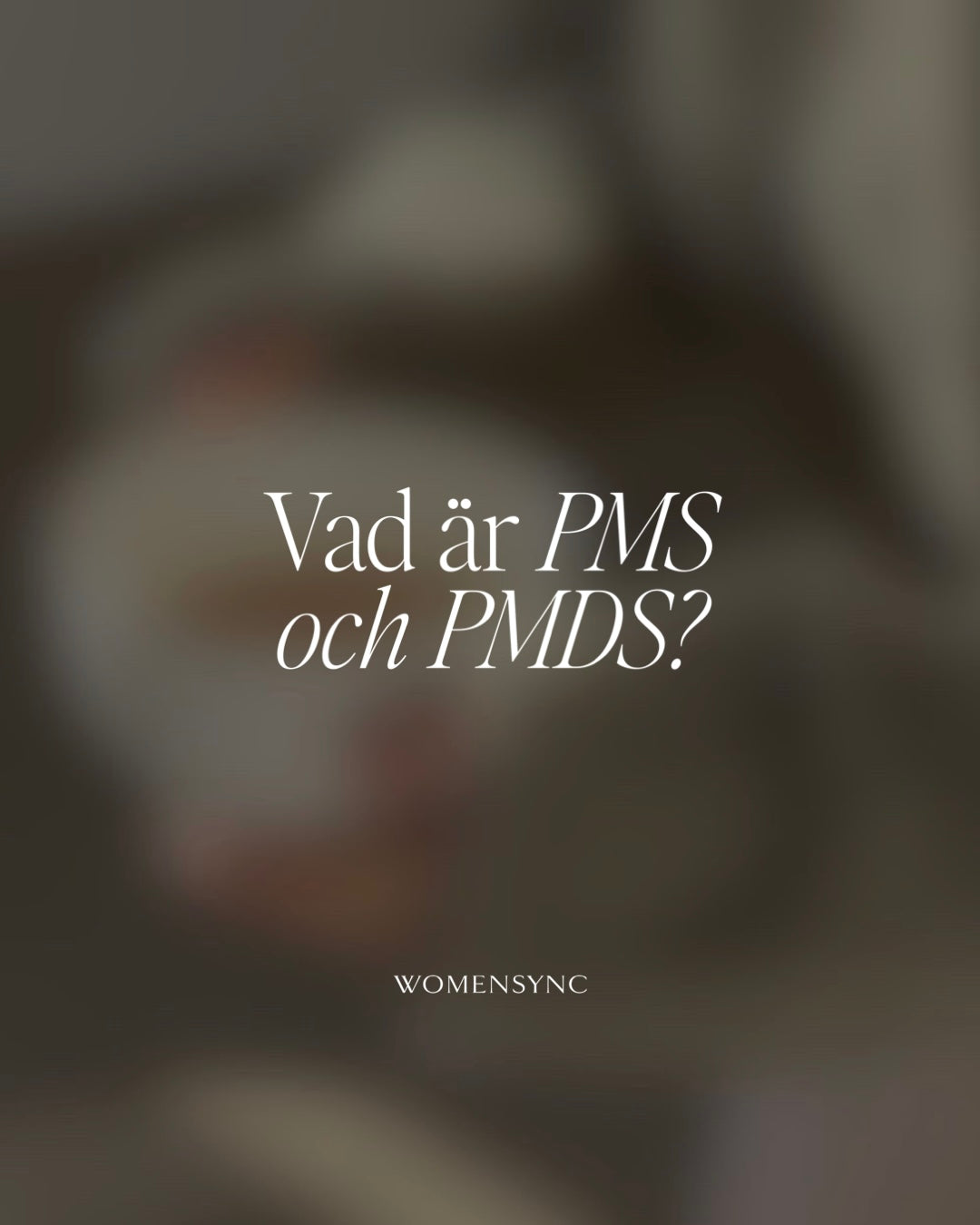About 75 percent of all women of childbearing age experience some form of recurrent premenstrual syndrome (PMS). PMS means that you experience that your mood changes and/or that you experience physical discomfort before your period, i.e. during phase three. There are around 200 types of PMS symptoms and they include both physical and psychological symptoms.
In approximately three to eight percent of women who suffer from PMS, the problems are so serious that they have a direct negative impact on relationships, working life and everyday life in general. The more severe form is referred to as premenstrual dysphoric syndrome (PMDS) and tends to be mostly psychological symptoms. The symptoms of PMDS are cyclical and appear during phase three and subside during the first days of the period. PMS and PMDS are only experienced in phase three and/or at ovulation depending on the balance of the ratio of progesterone to estrogen. Just because it's common to experience these symptoms doesn't mean it's normal. Many symptoms can be prevented and alleviated with the help of lifestyle changes: nutrition, physical activity, recovery and environment. Read more about it in our posts on lifestyle linked to the menstrual cycle.
Women who use hormonal contraceptives such as the pill, the contraceptive ring or the contraceptive stick can sometimes experience mood swings that return in cycles. However, this is not PMS or PMDS but side effects of the contraceptive itself.
What symptoms are common with PMS?
Examples of physical PMS symptoms: Sore breasts, abdominal pain, headache or migraine, tense and swollen stomach, back and joint pain, nausea, diarrhea, increased hunger and sweet tooth.
Examples of psychological PMS symptoms: Irritation, worry, anxiety, mood swings, low mood, fatigue, lack of energy and sleep problems.
At least five of the symptoms below, of which at least one of the main symptoms must be fulfilled during phase three:
Main symptoms:
- Irritability
- Depression
- Anxiety concern
- Mood swings
- Decreased interest in daily activities

